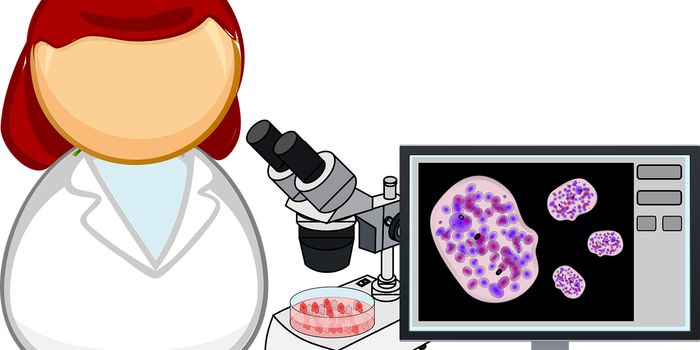What is a Cancer Center?
Over 50 years ago, President Richard Nixon signed the National Cancer Act of 1971, a landmark piece of legislation affirming America’s commitment to end the “war on cancer.” In addition to creating the framework for submitting an annual budget from the National Cancer Institute (NCI) to the President and Congress, this Act instructed the Director of the NCI to build a National Cancer Program.
The Act also established The National Cancer Advisory Board (NCAB), consisting of 18 presidentially appointed experts to advise the NCI on program development and research priorities. The NCAB also advises the NCI director to create new cancer centers, update research training programs, and award research grants to physicians and scientists.
The NCI Cancer Centers Program also emerged from the 1971 legislation. This program empowers the NCI to recognize cancer centers across the country for meeting standards of “transdisciplinary, state-of-the-art research focused on developing new and better approaches to preventing, diagnosing, and treating cancer.”
The NCI provides funding to Cancer Centers that meet these rigorous standards with the ultimate goal of developing cutting-edge cancer treatments. While NCI-Designated Cancer Centers can be institutions focused solely on cancer research, many are affiliated with large medical centers or universities. At present, there are 71 NCI-Designated Cancer Centers throughout the United States.
There are three types of NCI-Designated Cancer Centers: Basic Laboratory Cancer Centers, Cancer Centers, and Comprehensive Cancer Centers.
Basic Laboratory Cancer Centers are recognized for excellence in laboratory research and preclinical studies. These Centers often collaborate with other Clinical institutions to translate their basic research findings into effective clinical interventions.
Cancer Centers exemplify strong scientific leadership and perform basic, clinical, and prevention research. In addition to research, Cancer Centers may provide some patient care options.
Comprehensive Cancer Centers have achieved the NCI’s highest designation. They also focus on basic, clinical, and prevention strategies, but they meet a higher standard than Cancer Centers. Comprehensive Cancer Centers must also demonstrate exemplary institutional transdisciplinary collaboration bridging these research components. Comprehensive Cancer Centers also maintain an educational component by training new researchers and physicians.
At present, there are 7 NCI-Designated Basic Laboratory Cancer Centers, 12 Cancer Centers, and 51 Comprehensive Cancer Centers. You can find a list of all NCI-Designated Cancer Centers on the NCI’s website.

According to the NCI, over 250,000 cancer patients are diagnosed at an NCI-Designated Cancer Center annually, and even more receive treatment from one of these institutions. NCI-Designated Cancer Centers also allow thousands of patients to enroll in clinical trials testing novel, cutting-edge therapeutics, and interventions.
Sources: NCI, NCI Visuals Online, NCI Visuals Online









